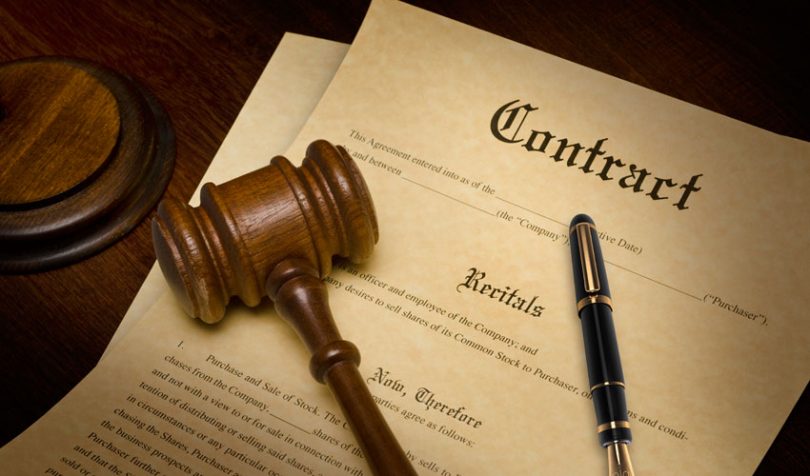The United States has brokered separate agreements with Ukraine and Russia, marking a significant step towards ensuring safe navigation in the Black Sea and preventing attacks on each other’s energy facilities. These agreements, reached in Saudi Arabia, are a direct result of talks initiated by President Donald Trump, who has been pushing for a swift end to the three-year-old war in Ukraine.
Ukrainian President Volodymyr Zelenskyy has welcomed the agreements, but emphasized that Ukraine will rely on Washington to enforce the deals. Zelenskyy warned that if Russia violates the agreements, Ukraine will seek sanctions and other measures from the US. Russian Foreign Minister Sergei Lavrov also stressed the need for clear guarantees, suggesting that Washington’s involvement is crucial in ensuring Ukraine’s compliance.
The agreements include a pause on attacks on energy facilities, which have been a significant concern for both sides. Russia has attacked Ukraine’s power grid with missiles and drones, arguing that civil energy infrastructure is a legitimate target. Ukraine, on the other hand, has launched long-range strikes on Russian oil and gas targets, which it claims provide fuel for Russian troops and income to fund its war effort.
In addition to the agreements, Washington has promised to help restore Russian access to markets for its agricultural and fertilizer exports. This would require lifting some sanctions, which the Kremlin sees as a crucial step in normalizing trade relations.
The talks that led to these agreements followed separate phone calls between Trump and the two presidents, Zelenskyy and Vladimir Putin. While Putin rejected Trump’s proposal for a full ceasefire lasting 30 days, the agreements reached in Saudi Arabia represent a significant step towards reducing tensions and preventing further escalation.
Ukrainian Defence Minister Rustem Umerov emphasized that Kyiv would regard any movement of Russian military vessels outside the eastern part of the Black Sea as a violation and a threat. Ukraine would have the full right to self-defence in such a scenario.
The agreements have sparked concerns among Ukraine’s European allies, who fear that Trump’s push for a rapid end to the war could lead to a hasty deal that undermines their security and caves in to Russian demands. Ukraine has rejected any suggestion of abandoning its NATO ambitions or giving up territory claimed by Russia.
As the situation continues to unfold, it remains to be seen how these agreements will be implemented and enforced. One thing is clear, however: the US has played a crucial role in brokering these agreements, and its continued involvement will be essential in ensuring their success.



